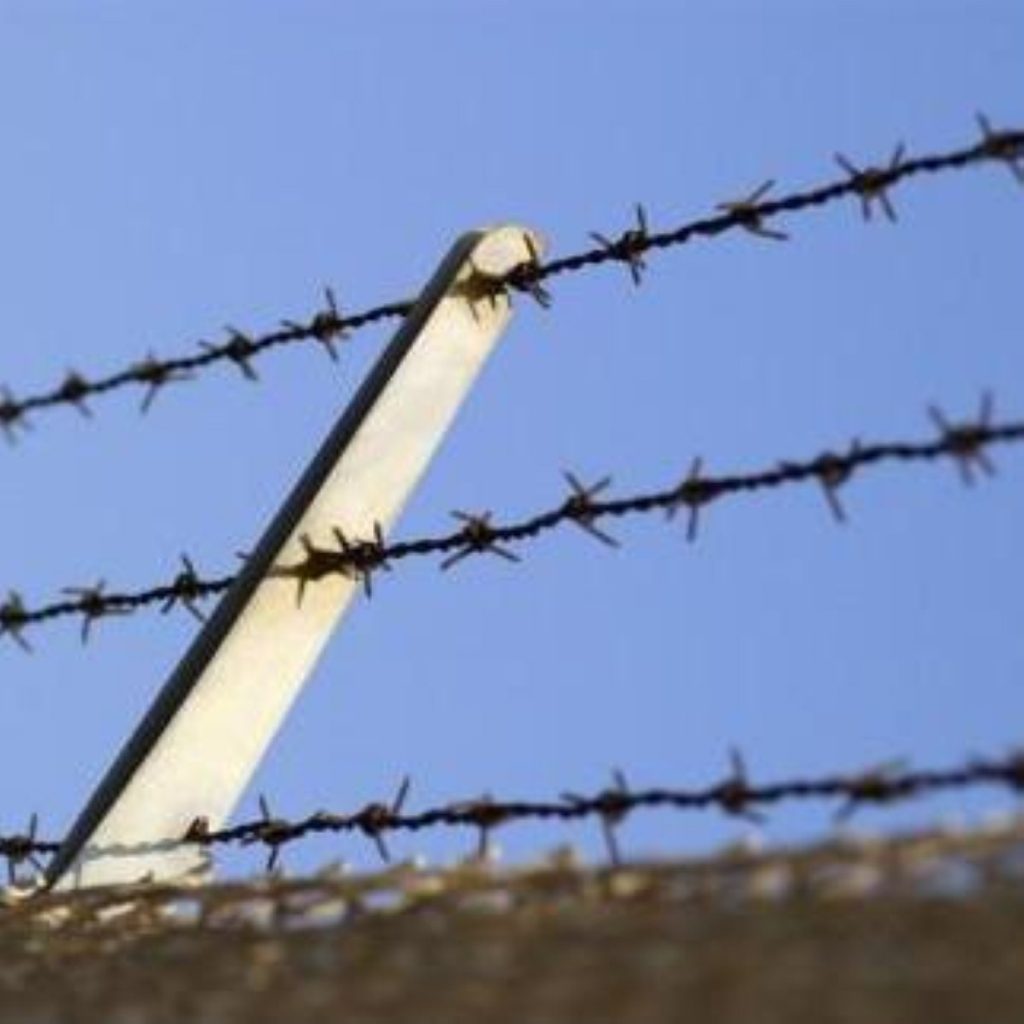Top judge: Prisons have become social dustbins
Britain’s most senior judge has painted a worrying picture of the penal system, describing prisons as “social dustbins” for problematic residents.
In an interview with the Observer, lord chief justice Lord Phillips said that current levels of overcrowding had made inmate rehabilitation “difficult or impossible”.
Last week the government revealed that Britain’s prisons were nearly at bursting point – with the population of 79,843 only 210 below the maximum number of inmates.
John Reid is expected to inform MPs in the coming days that the government plans to implement Operation Safeguard, an emergency measure where prisoners are detained in police cells due to prison overcrowding.
But Lord Phillips called the home secretary’s high-cost manoeuvre “highly undesirable”.
The lord chief justice believes more community service sentences should be used to halt the rising prison population.
He told the newspaper that the annual costs of incarcerating a prisoner – £37,000 – was “madness”, recommending they should be given work in the community instead.
Lord Phillips even experienced the community sentences himself to gain a better understanding of their effectiveness, posing as a convicted drink-driver and spending a day cleaning graffiti and weeds in a council estate.
Lord Goldsmith has agreed with the lord chief justice that community service punishments should be issued in “appropriate cases”.
The attorney general told Sky News’ Sunday Live: “He’s obviously got a point about community penalties not being seen by many people as being tough, and they can be tough.
“I think the message he is giving very much to the public is don’t think that community punishment is just a slap on the wrist.”
Lord Goldsmith insisted that community punishments would not be used for “dangerous.violent.[or] persistent offenders”.
Lord Phillips also said the judiciary was likely to block any attempt by the government to impinge the Human Rights Act in the interest of national security.
“So far as torture is concerned, there is no scope for balancing,” he said.
“There is an absolute prohibition. There is no scope for bending the facts to give effect to policy. It is critically important that judges apply the law as it is.”





-01.png)